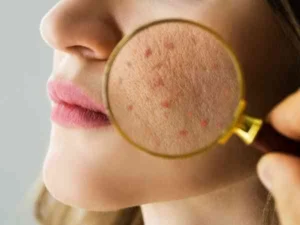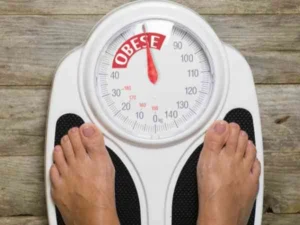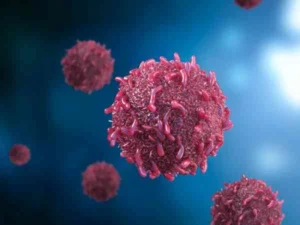Get on the Right Track with Diet and Nutrition!
Diet and Nutrition are two terms that are often confused. Diet refers to what we eat while nutrition refers to how our body uses food. But what does this even mean? Well, I’ve heard people talk about what they eat and how much they eat but have never really thought about it before. So let’s take a look at this question a little deeper.
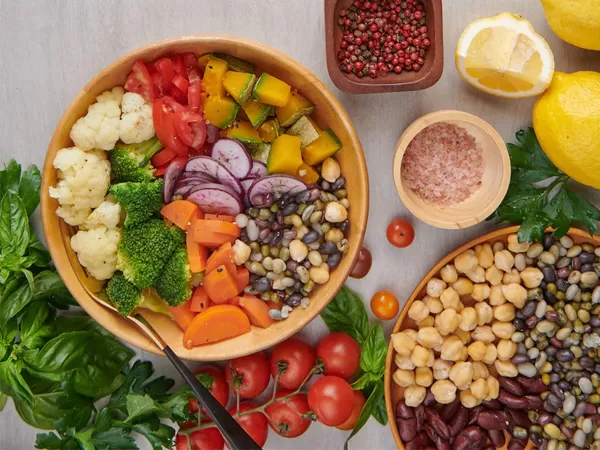
What exactly is food?
Food is any substance ingested by an organism to provide them with energy to survive. An example of this would be eating a sandwich or drinking some water. For us to survive, we need to ingest these substances.
Another way to think about food is as anything consumed by a human being to sustain their daily activities. An example of this could be drinking coffee in the morning to get going or having a slice of pizza after dinner to satisfy your appetite.
Now, what about nutrition?
Nutrition is the science of feeding your body. By eating certain foods, you’re providing your body with the nutrients it needs to function properly. These nutrients help the body build muscle, repair cells, produce hormones and antibodies, and keep organs working correctly. Many different types of foods contain various amounts of vitamins, minerals, fats, protein, carbs, fiber, etc.
What is Diet, then?
Diet refers to a person’s eating habits. Different diets offer different combinations of nutrients. For example, vegan, vegetarian, and raw fruit diets tend to emphasize fruits over vegetables because they are high in fiber. However, many people choose to eat meat-based diets instead of veggie diets due to their higher protein content.
The Ultimate difference between Diet and Nutrition
Diet is defined as food taken in over some time, while nutrition refers to what is being consumed. To understand how nutrition works in our bodies, we need to first understand the concept of digestion. When we eat foods, they break down into smaller particles called molecules. These molecules travel throughout the body and eventually end up in the bloodstream where they are carried around the body and eventually excreted. If these molecules are not broken down properly, they may cause problems including obesity, diabetes, high cholesterol, heart disease, cancer, and many others. Therefore, proper digestion is extremely important for maintaining a healthy lifestyle.
There are different types of diets, and each type of diet requires its own set of nutritional requirements. To understand the difference between these two concepts, let’s first look at some examples of diets. A typical example of a diet would be a vegetarian diet. Vegetarians avoid eating meat products and instead consume only vegetables and fruits. Another example of a diet would have to be a vegan diet. Lastly, a diet could be a low-carb diet. On a low-carb diet, people reduce their intake of carbs (i.e., sugar) and increase their intake of protein.
Now let’s take a look at nutrition. When we talk about nutrition, we’re talking about the way our bodies use food. Vitamins and minerals are necessary for our bodies to function properly. These nutrients are called micronutrients. There are three types of micronutrients: macro, micro, and trace. Macronutrients are the big three: protein, fat, and carbohydrate. Micronutrients are vitamins and minerals. Trace nutrients are elements that help keep our bodies running smoothly, such as iron and zinc.
The best way to think about nutrition is to consider it as fuel. We need food to live, just like we need gasoline to drive a car. If we run out of gas, we won’t be able to get where we want to go. Similarly, if we don’t provide our bodies with enough fuel, they won’t be able to perform their daily tasks. Just like a car needs gas, our bodies require certain nutrients to function properly.
How to Make Your Body Maintain With Proper Diet and Nutrition
1. Eat Healthy Food
Your diet should consist of foods that are high in fiber, protein, vitamins, and minerals. These foods help keep your digestive system functioning properly, boost your immune system, and provide energy throughout the day. Foods that are low in fat and sugar are best for maintaining a healthy weight.

2. Drink Water
Dehydration causes fatigue and headaches while drinking plenty of water helps flush toxins out of your system. Water should be consumed at least eight times a day.

3. Exercise Regularly
Exercise is great for keeping your heart strong and muscles toned. You don’t need to spend hours exercising, even 10-15 minutes of activity each day can have a positive effect on your fitness level.

4. Get Enough Sleep
Sleep is just as important as eating right and exercising regularly. Getting adequate sleep each night helps your body recover from the day’s activities.

5. Avoid Caffeine
Coffee, tea, soda, and chocolate are all examples of caffeine. While these drinks may give you a quick burst of energy, they also cause your body to release adrenaline and cortisol, two hormones that increase hunger and cravings. Instead, opt for herbal teas and decaf coffee.
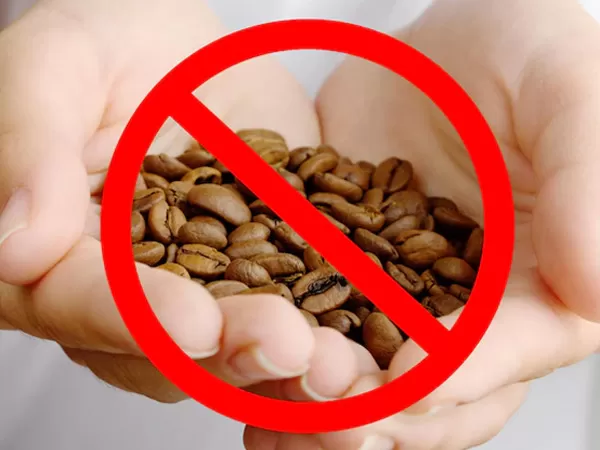
6. Reduce Stress
Stress affects your body physically and mentally. When you feel stressed, your body releases chemicals called neurotransmitters that affect your mood and appetite. To reduce stress, take deep breaths and relax your mind and body. Meditation and yoga are both effective ways to relieve stress.

7. Maintain a Healthy Weight
A healthy weight means being neither underweight nor overweight. Being overweight puts extra strain on your joints and bones while being underweight makes it harder to fight off illness. A good way to determine if you’re at a healthy weight is to check your BMI (body mass index). By dividing your weight by your height squared, you can calculate your BMI. Those with BMIs between 18.5 and 24.9% are considered normal, those with BMIs between 25 and 29.9 are overweight, and those with BMIs over 30 are obese.
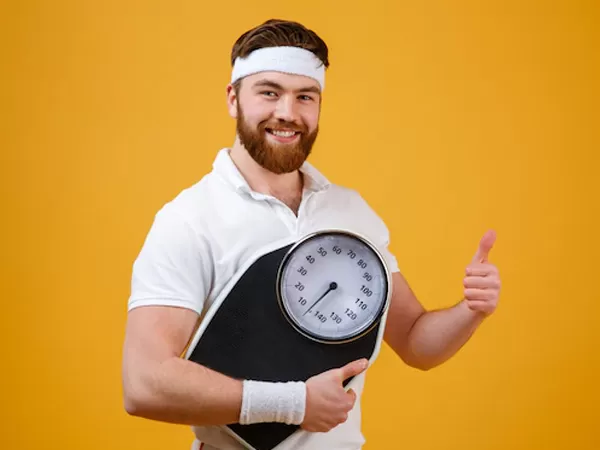
How to Deal with a Diet and Nutrition Problem?
1. Acknowledge that there’s a problem
Don’t try to pretend that there isn’t a problem if you’re struggling with nutrition. There are many reasons people might not eat well regularly. If you’re having difficulty eating enough food, then you have a problem. You may also be unsure about how much food you need to consume each day. If this sounds familiar, then you’ve probably got a diet and nutrition problem.
2. Take stock of your situation
It’s time to take a look at what’s going on with your diet. Are you eating less than you would like? Do you feel bloated after meals? Are you experiencing any digestive problems? These are all symptoms of a possible nutrition issue. Your doctor can help identify any underlying conditions that could be causing these symptoms.
3. Talk to your doctor
If you’re concerned that something is wrong with your diet, talk to your doctor. He or she should be able to diagnose whether or not you have a diet and nutrition problem and advise you on how to get back to eating well again.
4. Look for solutions
Once you know that you do have a nutritional problem, it’s time to start looking for ways to fix it. If you’re feeling bloated after eating, you’ll want to cut down on fatty foods. If you’re not sure what you should be eating, ask your doctor for guidance. Make sure you’re getting enough protein and fiber, too.
5. Stick to your plan
Once you have identified some potential causes of your diet and nutrition problem, it’s time for action. Start making changes to your daily routine and stick to them. Don’t permit yourself to go off track! Remember, you don’t have to make drastic changes. Just gradually adjust your diet over time.
6. Be patient
The worst thing that can happen is that you slip up and fall off track. That doesn’t mean that your efforts were in vain though. Once you’ve started to improve your diet, make small adjustments and slowly build up your intake. Over time, you can expect to see positive results.
7. Reward Yourself Along the Way
Even if you’re not seeing immediate improvements, keep working hard and reward yourself for sticking to your plan. Maybe you’ll even treat yourself to something delicious after reaching a certain milestone. Keep track of your progress so that you remember where you started.
What Does Eating Healthy Feel Like?
- You will feel lighter: When we eat unhealthy foods, our bodies become heavier than they should be. We tend to put weight on without even realizing it. When we start eating healthier, we begin to lose weight naturally. Our body starts to feel lighter, and we look healthier.
- You will have more energy: Eating healthy gives us more energy throughout the day. We’re able to get things done faster and easier. We don’t need to sleep as much either.
- You will be happier: We often find ourselves stressed out and unhappy about the food choices we make. When we choose to eat healthily, we find ourselves feeling happy and content. Eating healthy makes me feel full longer. I enjoy my meals more and am less likely to overeat.
If we eat cleanly, then our skin becomes clearer and smoother. Eating healthy helps keep our brains sharp. We aren’t distracted by unnecessary thoughts and worries anymore. We can think clearly. When we eat healthily, we feel more confident about who we are. We feel good about our appearance, and we know what we want to do in life.
Final Takeaways on Diet and Nutrition
- Nutrition – is the study of food and its effect on our bodies. When we consume foods, they break down into smaller particles called nutrients. These nutrients then become absorbed by the cells and organs of our bodies. Our bodies use these nutrients to perform different functions and activities.
- Deficiency – A condition where our body does not have enough of a particular nutrient. For your body to function correctly, specific amounts of vitamins and minerals are necessary. Any unbalanced intake or lack of certain nutrients can result in illness, disease, and even death.
- Dieting – Refers to restricting calories and/or consuming less than what is considered normal. Most diets suggest you only count calories and fat grams, while others focus on carbs, protein, or micronutrients (i.e., antioxidants).
Frequently Asked Questions
Q1. What is the Proper Diet for a Healthy Body?
Ans. There is no “perfect” diet. Proper nutrition for a healthy body includes a balanced intake of nutrients from all food groups
Q2. What Are the Different Types of Diets?
Ans. Different types of diets include vegetarian, vegan, Mediterranean, ketogenic, and paleo diets.
Q3. How to Eat a Proper Diet?
Ans. Eating well focuses on consuming a variety of nutritious foods in the right amounts and paying attention to your body’s hunger and satiety signals.





